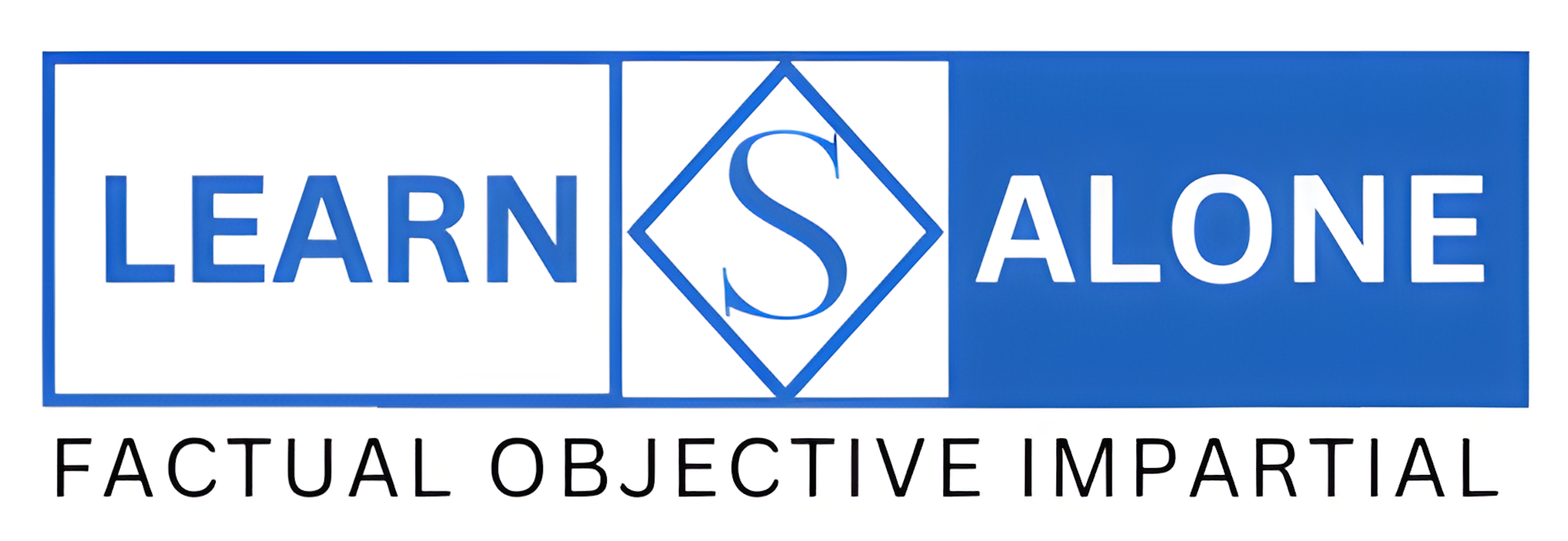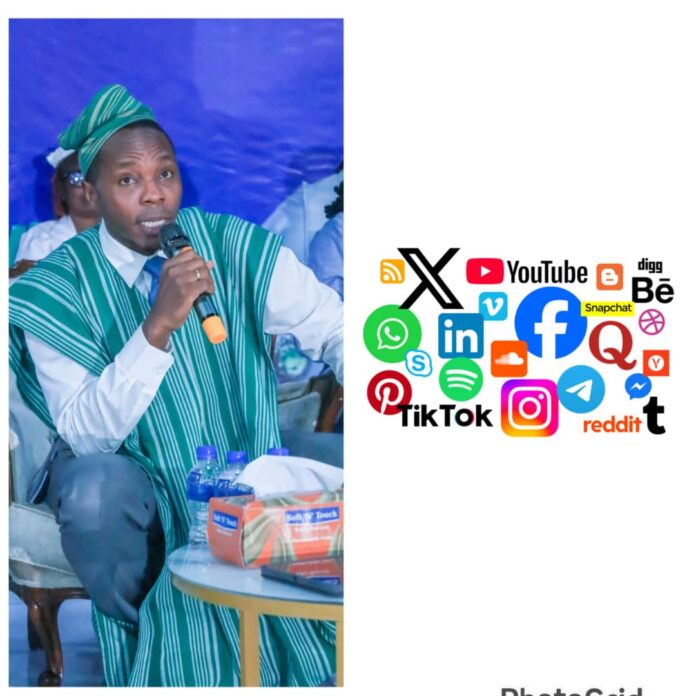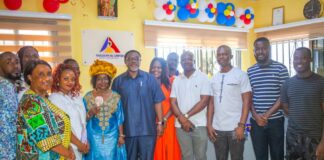By Edward Dictionary Caulker
In 2024, Sierra Leone’s Chief Minister, Dr. David Moinina Sengeh, ignited widespread excitement with a groundbreaking pledge—to unlock social media monetization for Sierra Leonean entertainers. It was more than a policy announcement; it was a rallying call to an entire generation of content creators hungry for economic inclusion in the digital age.
For singers, dancers, comedians, podcasters, vloggers, and other digital creatives, the promise represented the potential to turn viral talent into viable income. But fast forward to June 2025, and the landscape remains eerily quiet. Monetization has yet to reach most corners of the Sierra Leonean creative economy. So what’s holding it back—and is there still hope?
A Bold Vision Meets a Complex Reality
Dr. Sengeh’s vision was clear: create pathways for Sierra Leoneans to earn through global platforms like Facebook, TikTok, YouTube, and Instagram. In other African countries—such as Nigeria, Kenya, and Ghana—monetization is already fueling digital entrepreneurship. There, creators benefit from ad revenue, brand deals, and platform partnerships that funnel money directly into their bank accounts. But Sierra Leone had long been left out of this loop.
In February 2025, the Chief Minister renewed his commitment, stating that monetization would be active by mid-March, starting with Facebook. He mentioned the establishment of a “controlled payment system” and claimed that creators would soon begin to earn. Yet as of June, the rollout has been minimal, limited mostly to a quiet Facebook monetization feature with no official framework or announcement. The excitement has faded into confusion—and for many, frustration.
What’s Really Holding It Back?
Despite the promise, three key barriers are stalling delivery:
Platform Control Lies Elsewhere
Global platforms like Meta (Facebook), Google (YouTube), and ByteDance (TikTok) operate independently. While governments can lobby for access and eligibility, they do not control the switches. Monetization criteria often depend on factors like internet infrastructure, advertiser interest, audience size, and content policies. Sierra Leone’s internet penetration remains low, data is expensive, and mobile coverage is inconsistent. Without these fundamentals in place—or without confirmed partnerships—access remains patchy and uncertain.
No Policy, No Progress
To date, there’s no public government policy detailing how monetization will work. What is the government’s role? What income tax, if any, will apply? How will payments be routed—through mobile money, banks, or other digital wallets? What legal protections will cover creator content and brand partnerships? Without a transparent roadmap, creators are left with hearsay instead of help. The lack of policy is a loud silence.
Creators Are in the Dark
For those few who have accessed partial monetization (mainly through Facebook), support has been minimal. There’s been no wide-scale campaign to educate creators on eligibility, application steps, or content standards. Digital literacy initiatives, town hall forums, training bootcamps—none of these essential supports have been activated. Many young creatives remain unaware that monetization is even possible.
Between Hope and Hype
There is no denying the power of the vision. Monetization could transform Sierra Leone’s youth economy. It would give value to passion, legitimize content creation as a career, and channel creativity into income. HOPE still exists—because the dream is both necessary and achievable.
But the government must admit where HYPE has crept in. Public statements without public systems only widen the credibility gap. A promise delayed without explanation begins to feel like a promise denied. If nothing changes soon, this too could join the long list of policies praised at podiums but forgotten in practice.
What Needs to Happen Now
To turn this vision into reality, the government must act—clearly, publicly, and urgently.
Publish a Creator Monetization Policy
Release a comprehensive document outlining platforms, eligibility criteria, implementation timelines, and revenue distribution methods.
Create a Digital Creator Support Desk
Set up dedicated teams, in partnership with telecoms and local tech hubs, to offer onboarding assistance, training, and compliance guidance.
Expand Platform Engagement
Go beyond Facebook. Initiate formal dialogue with YouTube, TikTok, and Instagram, using diplomatic, commercial, or ambassadorial channels to advocate for Sierra Leonean inclusion.
Maintain Public Transparency
Commit to quarterly progress reports. How many creators are monetized? What challenges remain? What’s the plan ahead? The public deserves updates, not silence.
Final Thought
Sierra Leonean entertainers have played their part. They’ve created, posted, and performed in spite of data costs, network limitations, and lack of recognition. They have brought Sierra Leone to the global stage—on reels, shorts, and livestreams. Now they deserve more than applause. They deserve action.
If the government truly believes in the potential of its young people, then it’s time to match promises with platforms, and words with systems. Because hope is still alive—but only just. What happens next will decide whether this promise becomes policy or just another digital daydream.
Let it not be said that we clapped for a promise but never cashed in on its potential.




